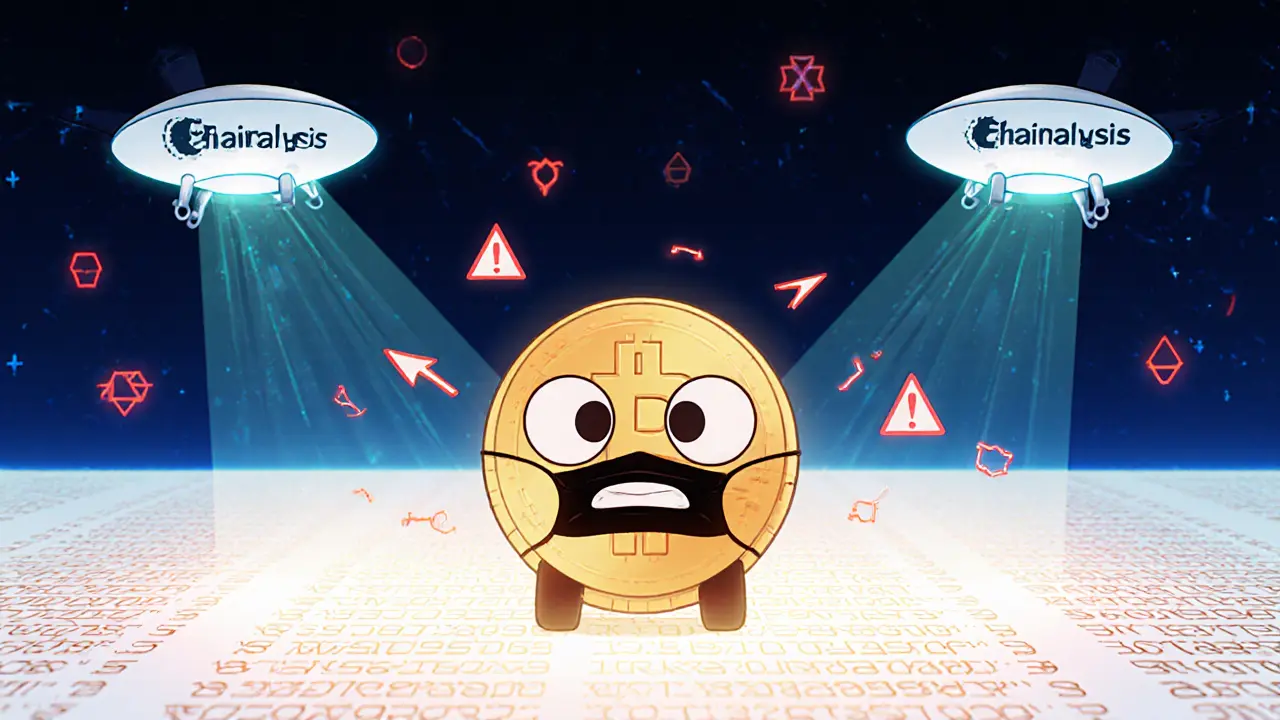Crypto Regulation: Rules, Compliance, and What It Means for You
When navigating crypto regulation, the collection of laws, guidelines, and enforcement actions that govern digital assets and blockchain activity worldwide. Also known as digital asset regulation, it dictates how exchanges, investors, and developers operate across borders. FinCEN, the U.S. Treasury’s Financial Crimes Enforcement Network that mandates crypto businesses to register as money‑service businesses and follow anti‑money‑laundering (AML) rules sets the baseline for U.S. compliance, while the European Union’s MiCA, the Markets in Crypto‑Assets regulation that introduces a unified licensing regime for crypto service providers across EU member states raises the bar for cross‑border consistency. At the heart of both frameworks lies AML, a set of procedures designed to detect, prevent, and report suspicious financial activity in the crypto space. Together, these pieces form a network of rules that shape market behavior, investor protection, and innovation pathways.
Why Crypto Regulation Matters for Every Stakeholder
Crypto regulation isn’t just a legal checklist; it’s a practical toolkit. For exchanges, meeting FinCEN registration requirements means filing the Money Services Business (MSB) form, implementing robust KYC processes, and maintaining transaction monitoring systems. In the EU, the MiCA licensing process forces platforms to hold specific capital reserves, publish clear governance documents, and undergo regular audits—steps that boost user confidence and attract institutional capital. AML frameworks compel token issuers to embed compliance hooks into smart contracts, such as automated reporting triggers, which in turn reduce the risk of sanctions. Developers also benefit: clear regulatory signals help them design products that can scale globally without constant retrofits. Moreover, regulators themselves use these standards to assess market health, detect illicit flows, and fine‑tune policy, creating a feedback loop that improves overall market stability.
Our curated collection below reflects this ecosystem. You’ll find deep dives on FinCEN registration for exchanges, step‑by‑step guides to meet MiCA licensing deadlines, analyses of emerging AML technologies, and real‑world case studies of how crypto taxes and sanctions affect traders in India, Nigeria, and beyond. Whether you’re a beginner trying to understand the basics or an experienced founder looking for compliance shortcuts, the articles ahead map the most relevant rules, practical tools, and strategic insights you need to stay ahead in the fast‑evolving world of digital asset regulation.



